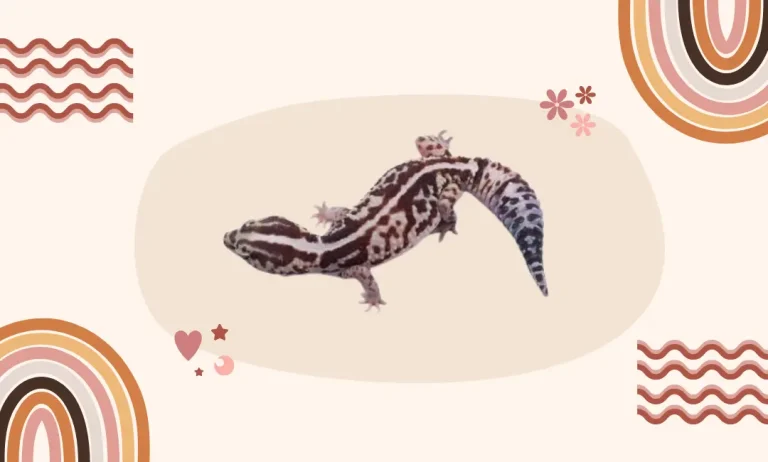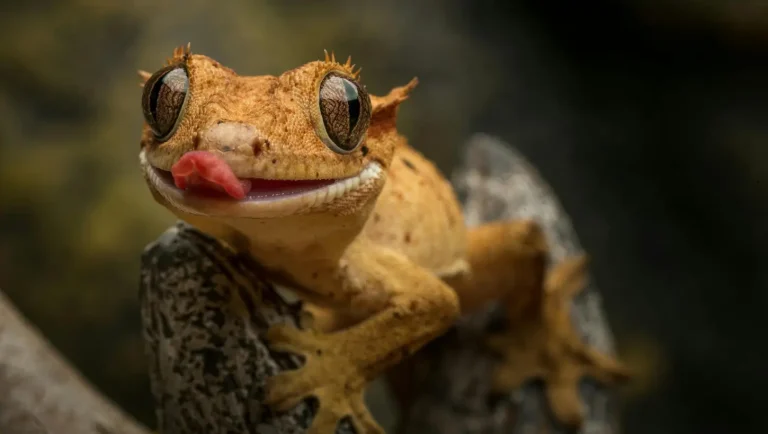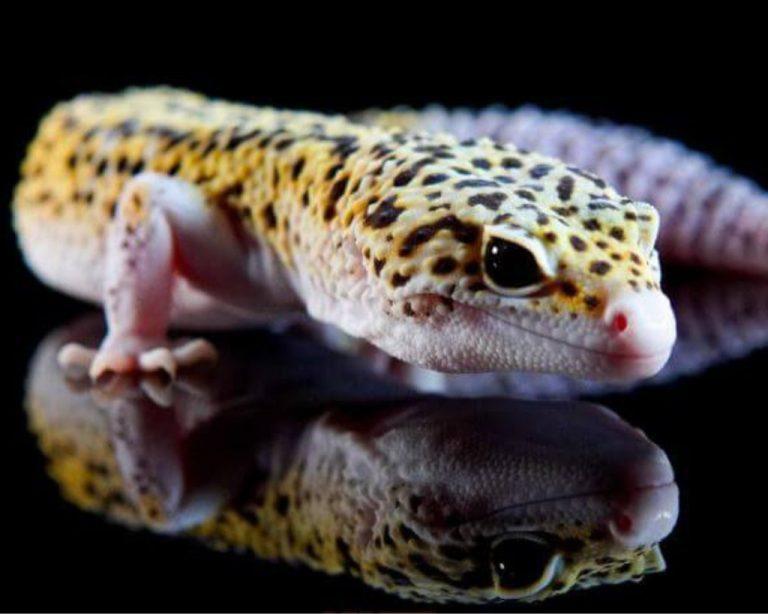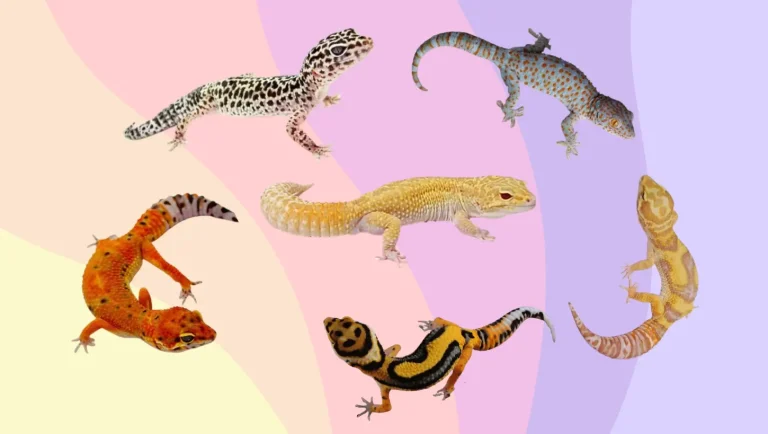Owning a leopard gecko comes with the joy of witnessing their playful antics and vibrant personalities. However, when your gecko decides to turn its nose up at mealtime, it can be a cause for concern. Fear not, fellow gecko enthusiasts! In this guide, we’ll delve into the common reasons behind leopard geckos refusing to eat and equip you with practical tips and solutions. Whether it’s a slight hiccup in their environment or a sign of an underlying issue, we’ll unravel the mystery and ensure your scaly friend is back on track to a healthy and hearty appetite. Join us as we navigate the intricacies of leopard gecko care, helping you build a strong and nurturing bond with your reptilian companion.
1. Cold Environment:
Leopard geckos, hailing from warmer climates, need the right temperature to stay happy and healthy. If your gecko suddenly loses interest in food, the first thing to check is their living conditions. Things like a broken heat bulb, a chilly draft, or not having a proper heat source can make them feel too cold. Geckos prefer temperatures around 80 degrees Fahrenheit. If it gets colder, especially below 70 degrees, they might stop eating. Making sure their home is cozy and warm is the key to bringing back their appetite and ensuring their well-being.
2. Impacted Feces:
Impacted feces, a common issue in leopard geckos, results from challenges in passing stool. Possible causes include large or hard prey consumption and accidental substrate ingestion. Recognizing signs like reduced appetite and lethargy is vital. Treatment involves warm water soaks and gentle belly massages, with vet consultation if symptoms persist. Prevention includes offering appropriately sized prey and avoiding substrate ingestion, fostering overall gecko health. Regular monitoring and early intervention are crucial for effectively managing impacted feces and ensuring a thriving pet.
3. Sickness:
Leopard geckos, like all pets, can experience sickness, often manifesting as a loss of appetite. Respiratory infections, common among reptiles, may result from environmental changes. A sudden decrease in temperature can contribute to respiratory issues, leading to inappetence. Additionally, various illnesses, injuries, or vision problems can impact a gecko’s well-being. Seeking veterinary assistance is crucial for accurate diagnosis and tailored treatment. Monitoring behavior, environment, and consulting a vet promptly ensures the best care for sick leopard geckos.
4. Injury:
Wounds, abscesses, or pain resulting from injuries can deter a gecko from eating. Addressing the underlying cause of discomfort is essential. If you suspect an injury, monitor your gecko closely and consult a vet for appropriate care.
5. Vision Problems:
leopard geckos can face vision problems that affect their eating habits. If your gecko is suddenly disinterested in its food, it might be struggling to see it. Shedding issues, like retained skin on the eyes, are common culprits. This happens when the environment lacks humidity. Additionally, eye problems such as corneal ulcers or retrobulbar abscesses can impact their vision. If your gecko seems to be having trouble spotting its meals, especially live prey like crickets, it’s time to investigate and, if necessary, consult with a vet to ensure your gecko’s vision is crystal clear.
Guidelines for Addressing Lack of Appetite in Leopard Geckos
When your leopard gecko refuses to eat, a thoughtful examination of its environment, behavior, and physical condition can offer insights into the underlying issue. Consider the following questions:
- Behavioral Check: Is your gecko behaving normally, or could it be experiencing an infection, injury, or illness? If you notice sluggishness or other concerning symptoms, a vet visit is recommended.
- Vision Assessment: Are there vision-related issues affecting your gecko? If so, professional intervention is essential for resolving the problem.
- Digestive Health: Is your gecko defecating properly? Attempt the hip bath and massage technique as described; if issues persist, consult your vet for further guidance.
- Temperature Concerns: Could your gecko be cold? In chilly weather, ensure the installation of a heat lamp and regularly monitor the temperature. This simple adjustment may resolve the problem swiftly.
While it may not be possible to entirely prevent appetite loss, these preventive measures can contribute to your gecko’s well-being:
- Maintain a warm enclosure, free of items that could be accidentally ingested.
- Be cautious with food choices, avoiding items like super worms that may lead to digestive issues.
- Handle your gecko with care to prevent injuries.
- If you observe signs of illness or appetite loss, seek veterinary attention promptly to address concerns early.




